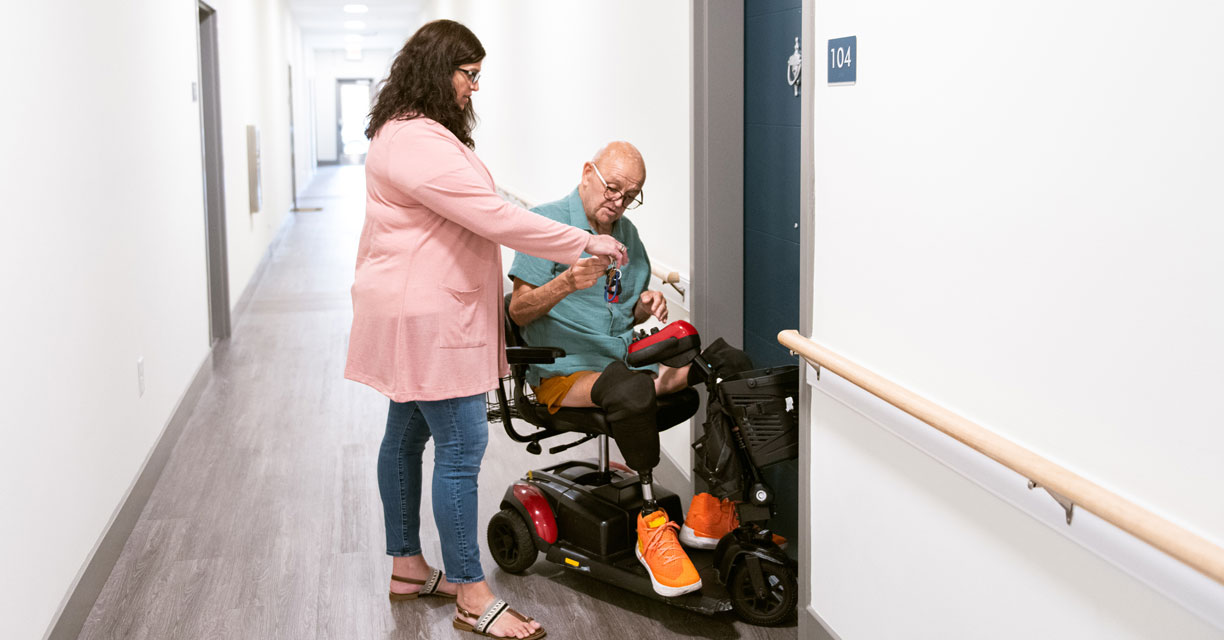Source
National Governors Association
https://www.nga.org/
Brief/Report
August 2019
Starting in 2013, the National Governors Association worked for two years with seven states to improve care and lower costs for Medicaid beneficiaries with complex health care needs — sometimes known as “super-utilizers.” This resource summarizes the initiatives and lessons learned, with implications for state policymakers and health care systems.
- After using Medicaid claims data to identify persons with complex needs, the states identified persons most likely to benefit from an intervention based on criteria such as willingness to change and need for housing.
- Rigorous monitoring of improvement initiatives revealed decreases in inappropriate emergency department use, avoidable hospitalizations, and the number of persons who started substance use treatment.
- To further aid their efforts, states are integrating data systems across medical and human services, including mental health and substance use services and homelessness and housing assistance.
Posted to The Playbook on
Topics



